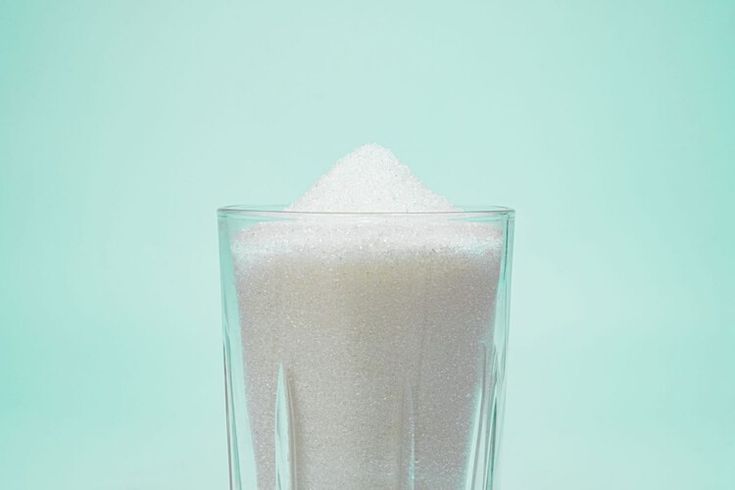Are blood glucose spikes killing you?
Written by Christianna Aristidou Karaolis

Blood glucose spikes have been hailed as one of the worst things that can happen to human health and if the current narrative is to be believed… they are killing us, one meal at a time.
For anyone who does not know what they are, the dreaded blood glucose spike refers to an increase in the amount of glucose in the blood, after a meal, especially after a carbohydrate rich meal. All carbohydrates are broken down to glucose molecules and through digestion they are absorbed into the blood, elevating glucose levels. This process has been happening in every human being, several times a day, since the beginning of time. It has not wiped-out humans yet! And the reason is very simple….
Elevations in blood glucose after a meal are completely normal. It is exactly what is supposed to happen; if it did not, it would be an indication that there is something very wrong indeed. That elevation triggers the pancreas to secrete insulin, which then transports glucose from the blood into the cells where we can utilise them for energy. We want and need this process to happen. It is not killing us… one can even argue it is actually doing the opposite, because without glucose in our cells we wouldn’t get very far.
But normal physiological processes are not sexy, they are not attention grabbing and they do not sell! Creating a frightening problem and then offering a solution is far more profitable. Enter charlatans with a little bit of knowledge and a lot of bravado talking about blood glucose spikes as though they are dangerous to everyone. They are not. But sadly, making a normal process sound pathological has resonated with millions because there are health conditions such as diabetes or insulin resistance, where this process can genuinely be problematic. An important distinction is that there are serious illnesses where there is a problem, something is going wrong, and the body can’t deal with glucose as effectively as it should. In those situations, blood glucose needs to be monitored, managed and can potentially be dangerous if blood glucose stays elevated, gets too high or drops too low. This is a state of illness; it is different from a normal rise in blood sugar that happens after a meal. It is the same as someone claiming peanuts are poisonous because they can harm someone with a peanut allergy. No, they are not, they are quite delicious and are only potentially dangerous to someone with a peanut allergy. It is the same with blood glucose elevations.
For most of the population, following science backed, lifestyle and nutrition guidelines of having balanced meals including sufficient fibre, quality protein and healthy fats, regularly moving your body… is enough to support healthy blood glucose levels. That may not be exiting headline news but that does not make it any less true. At a time when most of the population are not ever getting nutrition basics right - like consuming enough fibre; becoming hyper fixated on avoiding something the body was designed to do, seems like a waste of time.

















